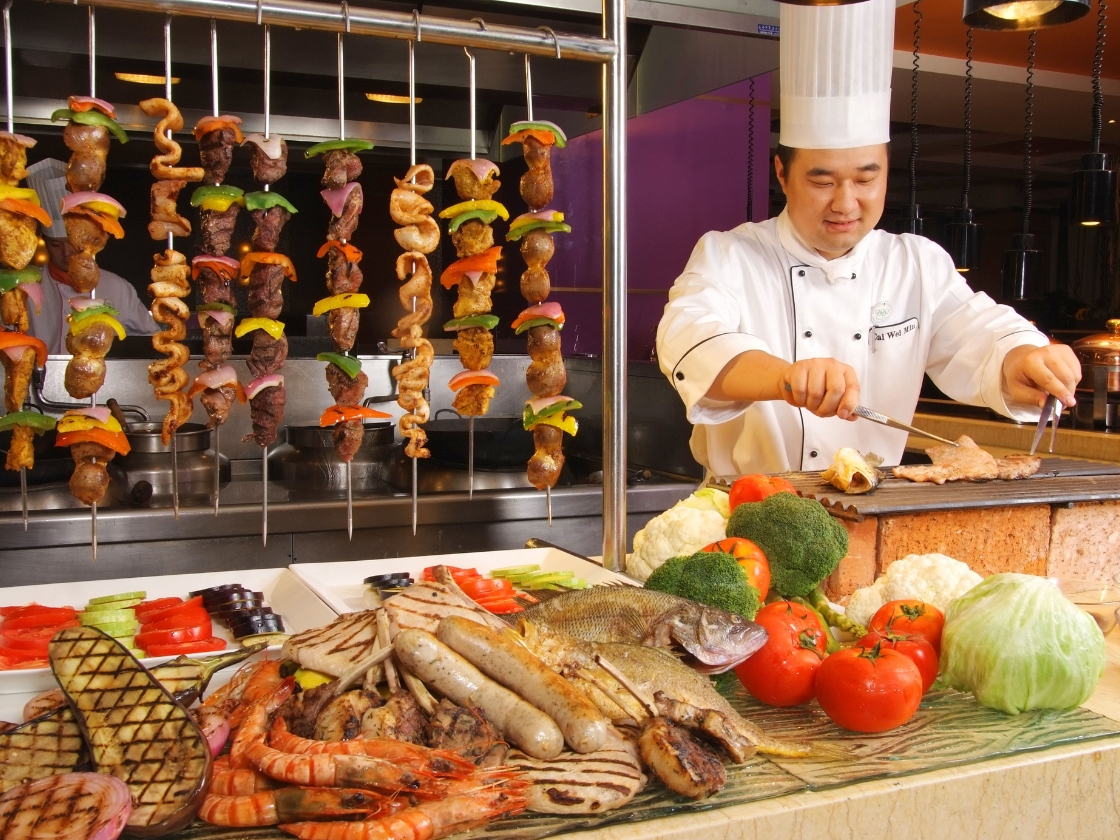The Unique Flavour of Imposter Syndrome in Culinary Arts
Signs You're Actually Ready to Lead (Despite What Your Inner Critic Says)
1. You've Developed Kitchen-Wide Awareness
What It Looks Like:
- You notice when other stations are falling behind before they ask for help
- You instinctively jump in during busy periods without being asked
- You can predict bottlenecks before they occur
Why It Matters:
2. Others Already Seek Your Guidance
What It Looks Like:
- New hires gravitate toward you with questions
- Peers ask your opinion on flavour adjustments
- Colleagues want you to taste their dishes before sending them to the pass
Why It Matters:
3. You Think in Systems, Not Just Tasks
What It Looks Like:
- You suggest improvements to prep workflows
- You identify recurring problems and propose solutions
- You consider how changes to one station affect others
Why It Matters:
4. You Handle Criticism Constructively
What It Looks Like:
- You don't take feedback personally
- You seek to understand critiques rather than defend against them
- You implement changes based on feedback
Why It Matters:
5. You Take Ownership of Mistakes
What It Looks Like:
- You admit errors without excuses
- You focus on solutions rather than blame
- You view mistakes as learning opportunities
Why It Matters:
6. Your Technical Skills Have Become Second Nature
What It Looks Like:
- You execute core techniques without conscious thought
- You can cook while simultaneously mentoring others
- You adapt quickly when things don't go as planned
Why It Matters:


Strategies to Overcome Chef Imposter Syndrome
1. Create a "Wins Recipe Book"
Document your successes, compliments from guests, positive feedback from chefs, and challenges you’ve overcome. Review this personal achievement log when doubts arise.
2. Find a Chef Mentor Join- The Australian Institute of Technical chefs to build a support network. Technicalchef.com
3. Embrace the Learning Curve
4. Practice Deliberate Vulnerability
5. Focus on Team Development


When to Take the Leap
The truth about leadership readiness? Perfect readiness is a myth. At some point, you must trust the assessment of those promoting you and step into the role. The executive chef who believes in you sees potential you may not recognise in yourself.
Remember that great kitchen leaders aren’t born wielding chef’s knives and commanding brigades. They evolve through trials, failures, and recoveries—just like perfecting a signature dish requires multiple attempts and adjustments.
The most respected chefs in the industry have all experienced moments of doubt. The difference is they pushed through, learned continuously, and eventually developed the confidence that matched their competence.
So the next time you’re offered that sous chef position or asked to lead a new concept, take a deep breath and remember: the heat has always transformed your ingredients into something extraordinary. Now, it’s transforming you into the leader your kitchen needs.

